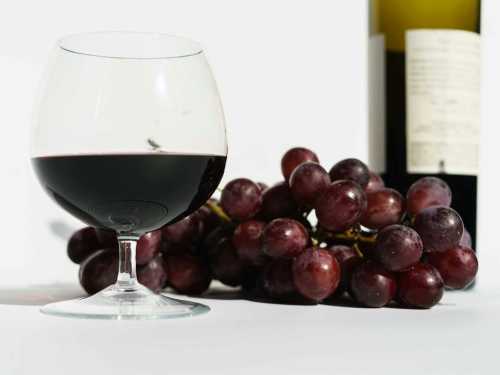
Even “moderate” alcohol consumption can be harmful to the brain, say the authors of the largest study published in BMJ Evidence-Based Medicine. Scientists analyzed data from more than 550,000 people from the United States and the United Kingdom and used a genetic method (Mendelian randomization) to clarify the link between alcohol and dementia.
This method is like a natural experiment. Instead of asking people how much they drink (because they can be wrong or lie), scientists look at their genes. Some genetic variants make a person more likely to drink alcohol, while others make them less likely. By comparing the brain health of people with different genes, the researchers were able to see the net effect of alcohol, after controlling for other factors, such as diet or lifestyle.
The results of genetic analysis showed that the risk of dementia increases in direct proportion to increasing alcohol consumption.
It's like pressing the gas pedal in a car: the harder you press, the faster the speed. It's the same here: the more alcohol a person consumes over their lifetime, the higher their risk of developing dementia. There is no “golden mean” or safe limit.
In particular, a statistically significant increase in genetically determined alcohol consumption was associated with a 15% increased risk of dementia. At the same time, a genetic predisposition that doubles the likelihood of developing alcohol-related disorders (alcoholism) increased the risk of dementia by 16%. Most importantly, the researchers found no protective effect even from minimal doses of alcohol.
That is, the popular myth about the benefits of “a glass of red wine for blood vessels” has not found any scientific confirmation when it comes to brain health.
Interestingly, people who were later diagnosed with dementia gradually reduced their alcohol consumption in the years leading up to their diagnosis, which explains why in previous studies, “light drinking” sometimes appeared to be beneficial—when in fact it was a consequence of early cognitive impairment.
This seems like a logical trap. Imagine that you noticed that people with crutches were less likely to break their legs. You could wrongly conclude that crutches protect against fractures. But in fact, the opposite is true: people take crutches because they already have problems with their legs. The same thing happens here: early, still undetectable changes in the brain (the onset of dementia) caused people to naturally reduce the amount of alcohol they drank. So their “light drinking” was a consequence of the disease that had already begun.
The authors emphasize that there is no safe dose of alcohol for the brain. Limiting or completely avoiding alcohol may be a key strategy in preventing dementia, given the projected increase in the number of people with dementia to 153 million by 2050.





